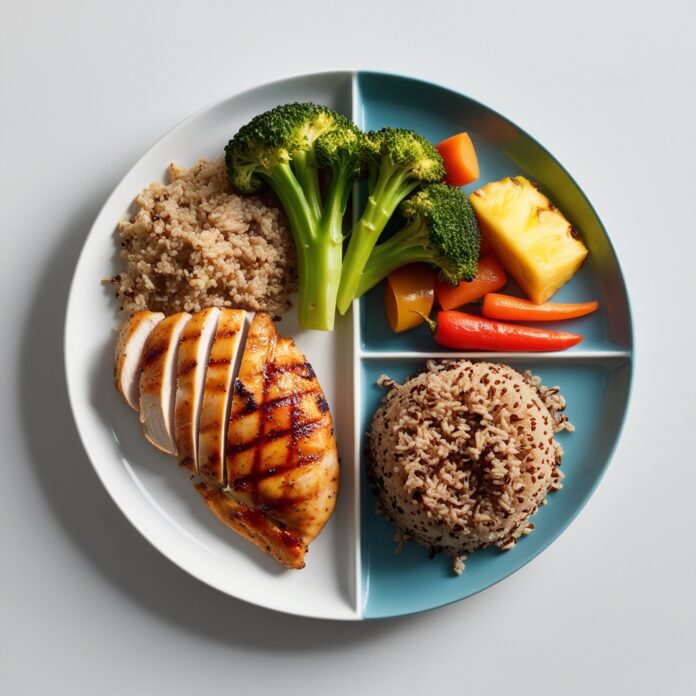Healthy nutrition during pregnancy provides both you and your baby with the building blocks for a healthy pregnancy. Knowing which foods to have more of and which to cut down on can make all the difference. This pregnancy nutrition guide will cover the healthy options and foods to cut down on, so you can make better choices.
Why Nutrition Matters During Pregnancy
Good nutrition during pregnancy helps your baby grow and develop while giving you the reserves you need to feel your best. Nutrients that are especially important for fetal development and reducing pregnancy complications include folic acid, calcium, iron, and DHA.
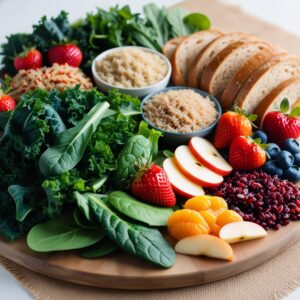
- Folic Acid: Needed for the neural tube.
- Iron: This is needed due to the increased blood volume and as a factor to help prevent anemia.
- Calcium: This will be necessary for the bone development of the growing baby.
- DHA (Omega-3): This will help with the brain and eye development in the baby.
Foods to Embrace During Pregnancy
1. Leafy Greens and Vegetables
The dark leafy greens of spinach, kale, and broccoli are super-rich in vitamins A, C, and folic acid, all great and highly necessary for pregnancy health.
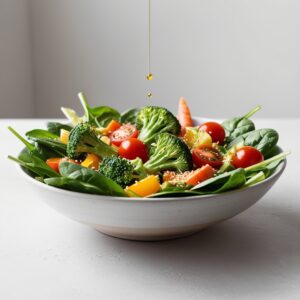
- Why They’re Great: High in fiber, vitamins, and minerals that promote the healthy development of a fetus and prevent the common complaint of constipation associated with pregnancies.
- Serving Suggestion: Eat at least two servings of leafy greens a day.
2. Whole Grains
Whole grains include oats, brown rice, and whole wheat. They’re rich in complex carbohydrates, fiber, and B vitamins. These will help restore your energy and balance blood sugar levels.
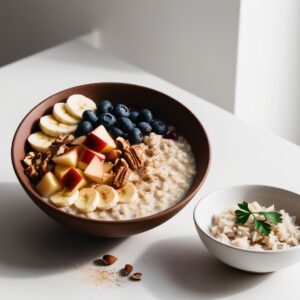
- Why They’re Great: High in fiber, which regulates digestion and may help prevent constipation.
- Serving Suggestion: Work whole grains into meals with breakfast oatmeal or a rice bowl with veggies.
3. Lean Proteins
Lean proteins are significantly important in the development of tissues in the growing fetus. Eggs, poultry, beans, and legumes are excellent sources of protein and iron.

- Why They’re Great: Protein assists in cell and muscle growth and can keep you full longer.
- Recommended Serving: Lean protein at every meal will help cover daily requirements.
4. Dairy Products
Dairy products, such as milk, yogurt, and cheese, contain calcium and proteins that are very much crucial for developing bones and the health of mothers.

- Why They’re Great: Packed with calcium, good for fetal bone development.
- Suggested Serving: Include two to three servings of dairy per day.
5. Healthy Fats
Healthy fats, especially omega-3 fatty acids, are integral in fetal brain development. Great sources include avocados, nuts, seeds, and olive oil.
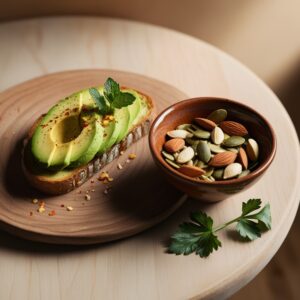
- Why They’re Great: Fats enable the absorption of the fat-soluble vitamins: A, D, E, K.
- Suggested Serving: Add avocado to salads or use olive oil in cooking.
Foods to Avoid During Pregnancy
1. Raw and Undercooked Meat
Raw or undercooked meat may contain dangerous bacteria such as Salmonella or Listeria, which can be very harmful to both mother and baby.
- Risk: Exposes you to foodborne illness.
- Alternative: All meats must be cooked properly to kill bacteria.
2. Fish Containing High Levels of Mercury
Fish such as swordfish, king mackerel, and shark have high mercury levels, which may damage the developing brain of the fetus.
- Risk: High level of mercury affects the neurological development.
- Alternative: Choose low-mercury fish like salmon, trout, or sardines.
3. Soft Cheeses and Unpasteurized Dairy
Soft cheeses like Brie, feta, and blue cheese, and unpasteurized dairy can harbor unsafe bacteria that become the causes of listeriosis.
- Risk: Listeria infection may cause miscarriage or preterm birth.
- Alternative: Pasteurized cheese and dairy products are to be chosen.
4. Caffeine
Although moderate caffeine intake is safe, high levels of caffeine intake may increase the risk of miscarriage or low birth weight.
- Limit: Limit to no more than 200 mg (about one 12-ounce cup of coffee) a day.
- Alternative: Herbal teas, decaf coffee, or caffeine-free sparkling water.
5. Alcohol
Alcohol ingested by a pregnant woman can cause birth defects and developmental problems in the unborn baby known as fetal alcohol syndrome, or FAS.
- Risk: FAS causes brain damage and has possible effects on long-term health conditions.
- Recommendation: Completely avoid alcohol throughout the pregnancy.
Tips to Put into Practice for a Healthy Pregnancy Diet
- Eat Small, Frequent Meals: Assists with nausea and maintains blood sugar levels.
- Keep Hydrated: A lot of water is necessary to keep the body hydrated for overall health and wellness.
- Listen to Your Body: Pregnancy will affect your taste and smell. Change meals to avoid discomfort but prioritize nutrient-dense foods.



